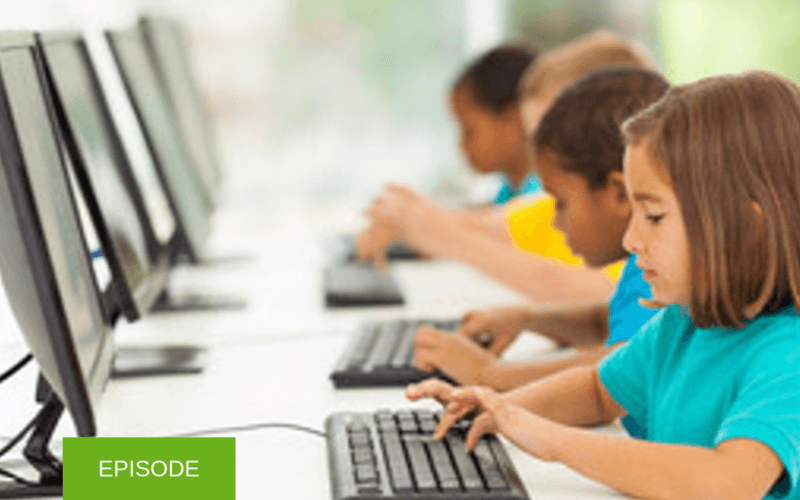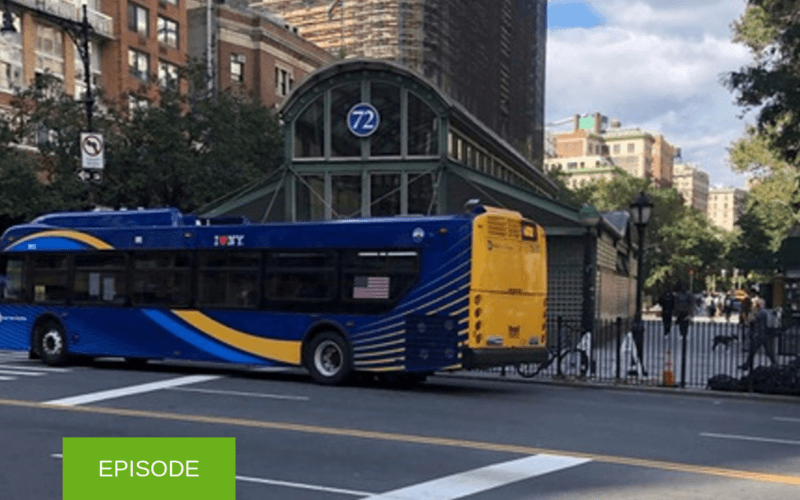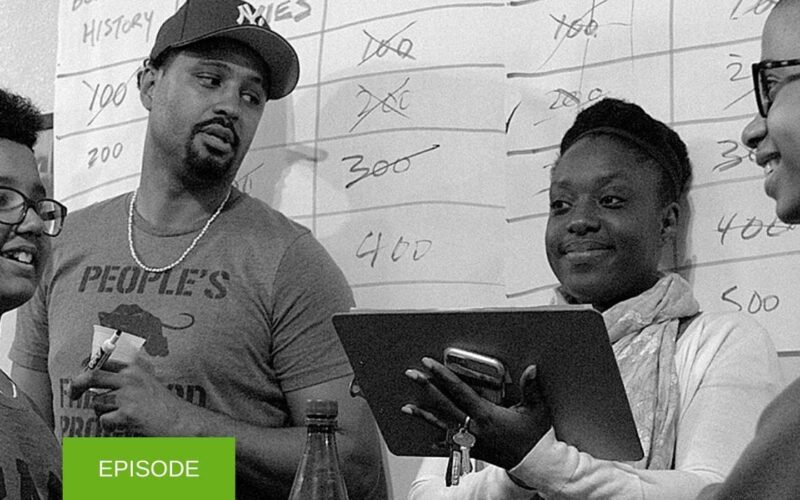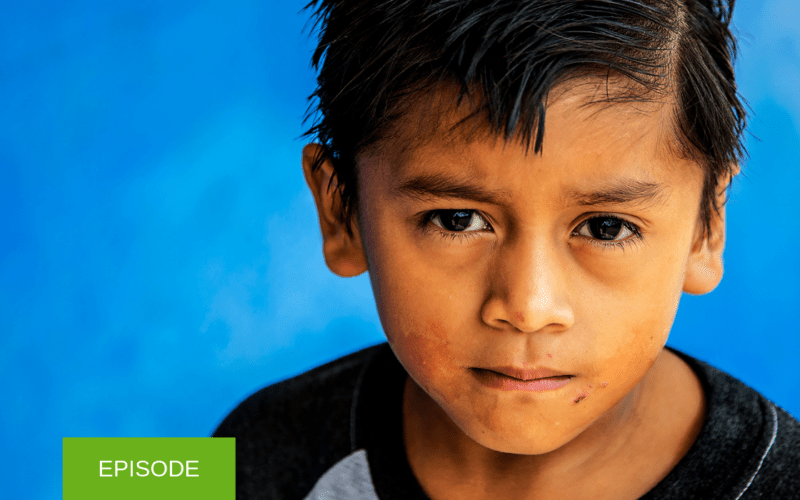Kiersten Greene on technology in schools: “Are we doing our homework?”
We speak with Dr. Kiersten Greene, Associate Professor of Literacy Education at SUNY New Paltz, about classroom internet use. Electronic tech’s transformational possibilities can go unfulfilled as schools buy and use tools and materials without evaluating whether they are effective or meet teachers’ needs. Huge funding sources like New York’s Smart Schools bond issue fund…
Read More







